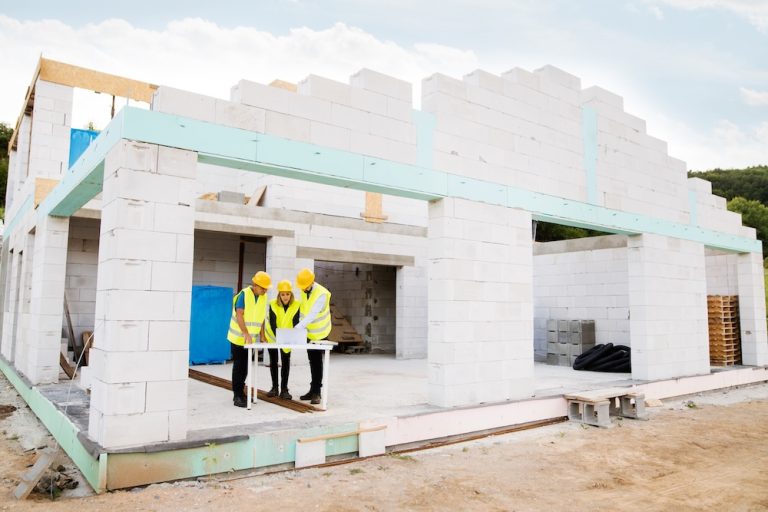Understanding SAP EPCs for New Builds & Conversions
We wanted to share some useful information on a service that many homeowners, developers, and architects need but may not fully understand: SAP EPCs.

What is a SAP EPC?
A SAP EPC (Standard Assessment Procedure Energy Performance Certificate) is required for all newly built homes and certain conversions in the UK. It measures the property’s predicted energy efficiency and ensures compliance with Part L of Building Regulations. Without it, a new home cannot be legally sold or rented.
When is it Needed?
For new build homes before they can be marketed or occupied
For property conversions (e.g., dividing a house into flats)
At both the design stage (Predicted Energy Assessment) and on completion (full SAP EPC)
Why it Matters
Regulatory Compliance: Meeting UK building standards is not optional
Energy Efficiency: A higher EPC rating can boost property value and reduce running costs. Future Proofing: With sustainability becoming more important, energy ratings play a key role in housing decisions
How it Works
Unlike regular EPCs, SAP EPCs don’t require a site visit. Instead, they are created using architectural drawings and building specifications. This makes the process efficient, especially during the planning and construction stages.
Did You Know?
A SAP EPC is valid for 10 years. It must be issued by an accredited assessor. Over 1 million customers have already used Energy Performance Certificates since 2013 to get their compliance in place.
We recommend Energy Performance Certificates UK as your EPC provider. They use trusted professionals across the whole of the UK
Why We’re Sharing This
Homeowners planning a build, developers, or architects may not know about these requirements until late in the process.
